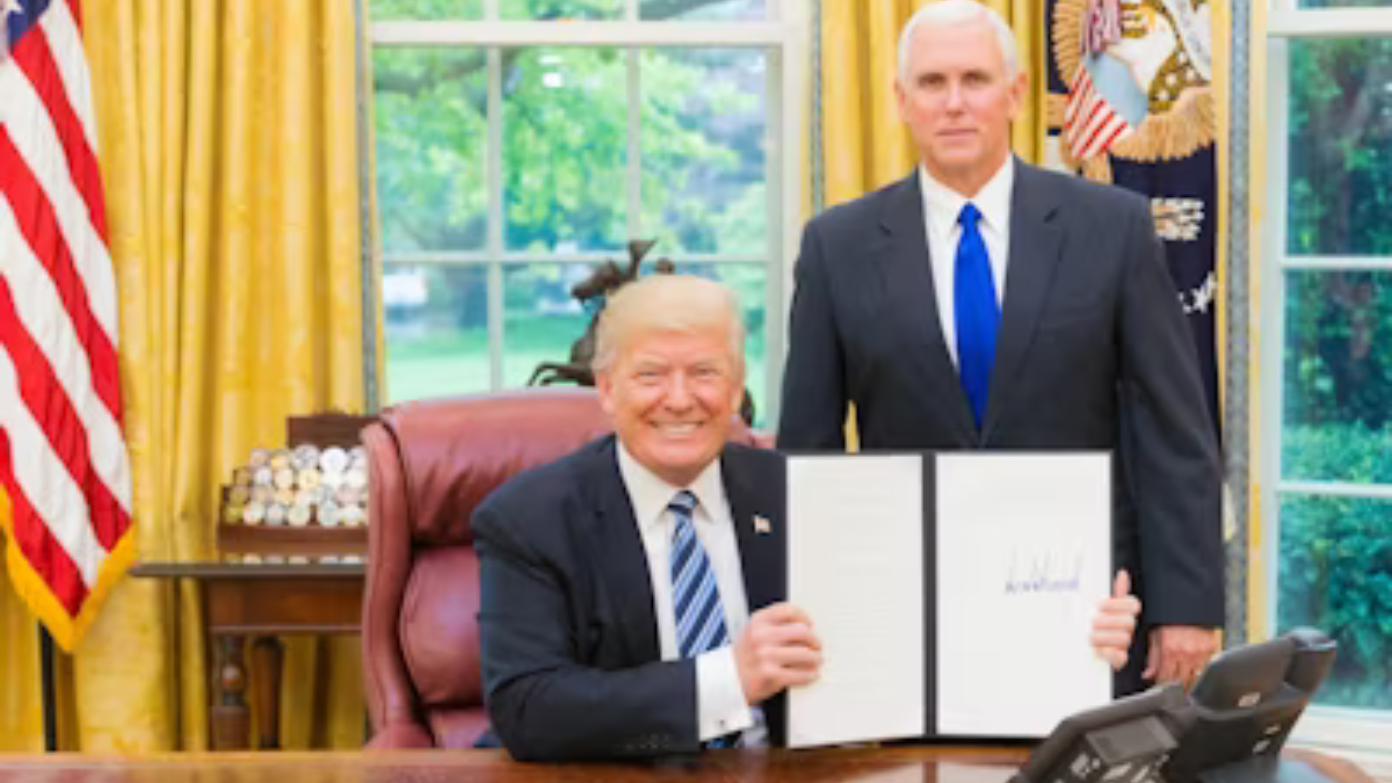In an angry Senate floor denunciation, Democratic Whip Dick Durbin unleashed a fierce broadside against Republicans’ “One Big Beautiful Bill Act,” denouncing what he termed disastrous cuts to comprehensive safety net programs as the vehicle for financing tax relief to the affluent. The Illinois Senator’s words underlined the yawning partisan chasm on budgeting as Congress considers the across-the-board reconciliation bill.
Medicaid faces historic $880 billion in cuts
Durbin insisted that Republicans are advocating for around $880 billion in Medicaid reductions over the decade, something that would strip healthcare coverage from around 14 million Americans. The Senator additionally stressed that in his home state of Illinois alone, 3.4 million individuals depend on Medicaid, including 1.5 million children.
“Republicans are taking a chainsaw to our health care system and tearing health insurance from our grasp,” Durbin announced in his Senate speech. Durbin emphasized the importance of Medicaid, telling it covers nearly half of all births in Illinois and assists two-thirds of patients in nursing homes.
The cuts would essentially reshape Medicaid on a block grant and per capita cap basis, instead of the existing federal-state dynamic wherein the federal government covers a fixed share of the actual costs of the states. In the Republican proposal, fixed amounts of federal funds would only be provided to states without regard to the actual healthcare needs of the states.
SNAP benefits target of $286 billion reduction
The Congressional Budget Office report showed that the One Big Beautiful Bill Act would slash the Supplemental Nutrition Assistance Program (SNAP) by about $286 billion over ten years, the largest cut to anti-hunger funding in United States history. The cut would take food assistance away from about 3.2 million individuals each month, including 800,000 individuals with children.
Durbin gave a chilly face to the human cost, saying the typical SNAP recipient earns just $5 a day in benefits. “Try living on $5 a day and imagine what their life is like,” challenged the Senator. The savings would primarily be gained through additional work requirements for parents and seniors and reduced state discretion in waiving requirements in bad economic times.
Rural healthcare infrastructure under threat
The Senator specifically highlighted the threat to rural hospitals that are based heavily on Medicaid payments to make them sustainable. During her recent meetings with hospital administrators across Illinois, Durbin learned that approximately half of the patients in hospitals like Touchette Regional Hospital receive their care through Medicaid.
“Instead of 20 minutes for that first-time mom headed to the hospital, instead of 20 minutes, it’ll be an hour and 20 minutes,” Durbin cautioned, explaining how closing hospitals would have patients traveling much farther for treatment.
Tax cuts for rich filter down to budgeting
Durbin characterized the slated cuts as a straight wealth transfer from the most needy segments of society in America to the wealthiest people in America. The reconciliation bill would grant $4.5 trillion in tax cuts with reductions in safety net programs financing part of the cost.
Under scrutiny by the Yale Budget Lab, lower-income families earning below $14,000 a year would have their annual incomes cut by $800 in 2027, while the wealthiest one percent of earners would see an average of $63,000. The top 0.1% of American earners would see increases averaging $389,000.
Political battle lines drawn
The One Big Beautiful Bill Act reached the House in May of 2025 on a 215-214 vote with Republicans using the reconciliation procedure to avoid Senate filibuster rules. The bill’s future is uncertain in the Senate, where Durbin and other Democrats are attempting to rally opposition among moderate Republicans.
“We have four Republicans with the good sense to sign on with Democrats and say no to this debacle,” Durbin concluded, saying two Republican senators already have doubts about the safety net components.
Read more: Are Uber Eats available with SNAP EBT? Can you use the food delivery app with your Food Stamps card

